

ENVIRONMENT
Galamsey negatively affects achievement of SDGs
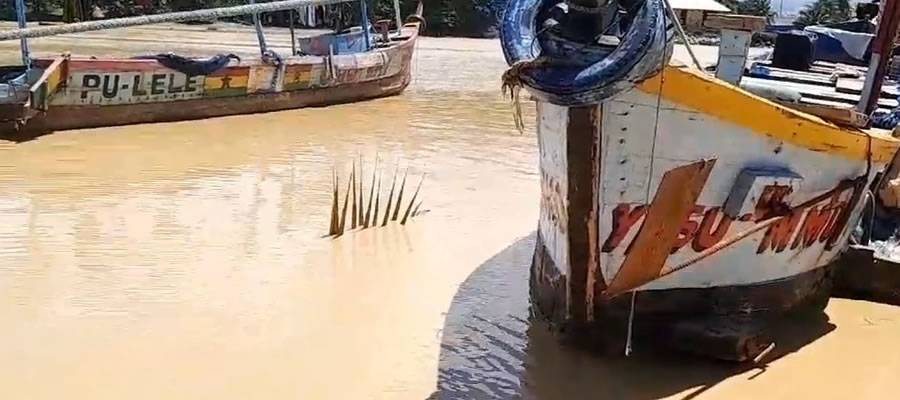
Date Created : 10/15/2024 : Story Author : Laudia Sawer/Ghanadistricts.com
Mr. Yamoah, speaking in an interview, said the goals that were being negatively affected included goals one, two, three, six, eight, 13, 14, and 15.
He said goal one talks about no poverty, adding that galamsey was destroying farmlands and cocoa farms, thereby affecting farmers livelihoods, and reducing their income, plundering them into poverty.
He added that galamsey was affecting goal two, which covered zero hunger, as it contributed to food insecurity by reducing farmlands, contributing to soil infertility, and affecting other food systems dependent on land and water resources that were being degraded by the illegal menace.
“As confirmed by the Ghana Medical Association, galamsey is contributing to preventable deaths of unborn babies and maternal mortalities and causing serious health complications for people exposed to the air, water, and land contaminated by toxins from galamsey,” he said, adding that this affects SDG three: good health and well-being.
Mr. Yamoah said while SDG six touched on clean water and sanitation, galamsey was contributing to the contamination of water resources, increasing turbidity that was affecting water treatment facilities, as confirmed by the Ghana Water Company Limited (GWCL) in past and recent statements.
“SDG 8: decent work; illegal miners themselves, both men and women, are exposed to mercury toxicity and hazardous work environments, resulting in serious injuries and rampant death. Also, child labour in such mining areas has become a matter of serious concern,” he said.
The convener of the Ghana CSO Platform on the SDGs stated that galamsey also affects the achievement of SDG 13 (climate action) through its contribution to forest, soil, and water degradation, which reduced the carbon capture and sequestration potential in those areas and works against greenhouse gas mitigation efforts.
He indicated that already, an estimated 34 forests in Ghana have been affected by galamsey activities of galamsey so far.
He said galamsey was also working against SDG 14 (live underwater), as illegal mining activities within rivers and along other water bodies were affecting life underwater, particularly polluting water bodies and degrading some critical aquatic habitats through the introduction of land-based pollution to the freshwater and marine ecosystems.
He noted that galamsey activities were contributing to widespread land degradation, desertification, and biodiversity loss, particularly forests and wetlands, negatively affecting the achievement of SDG 15 (life on land).
“It is important to note that the widespread illegal and irresponsible mining affects many other SDGs.
Without combating galamsey and other forms of illegal and irresponsible mining, Ghana will not be able to achieve those SDGs,” he emphasised.
He said the CSOs on the SDGs therefore backed the demand for the immediate revocation of LI 2462 and withdrawal of all licenses that have been granted for reconnaissance, prospecting, exploration, and/or mining in forests, protected reserves, and across water bodies.
The CSOs also called for enforcement of all illegal mining laws, including mining in water bodies and forest reserves, and the buffer zone policy of no mining within 100 meters of any river or water body.
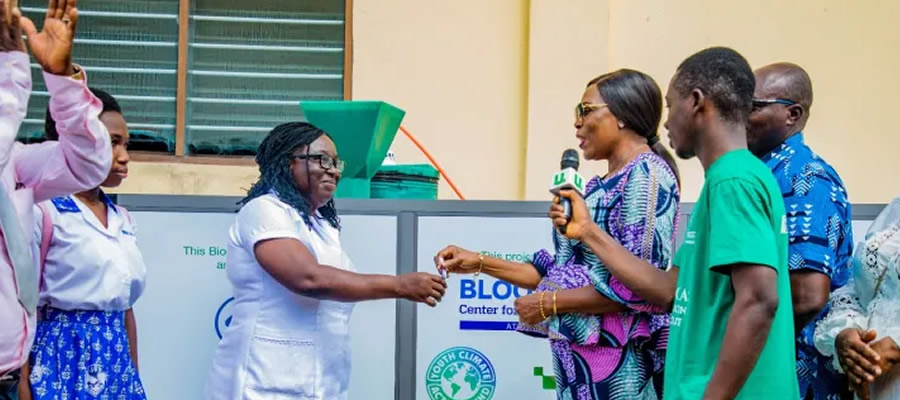
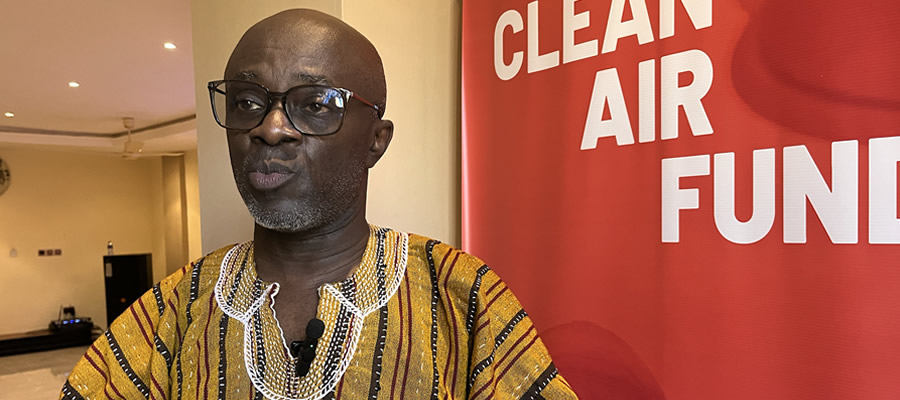
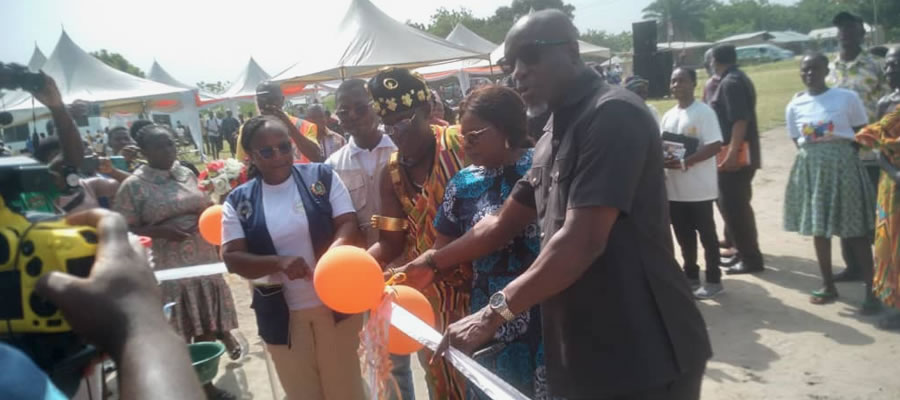
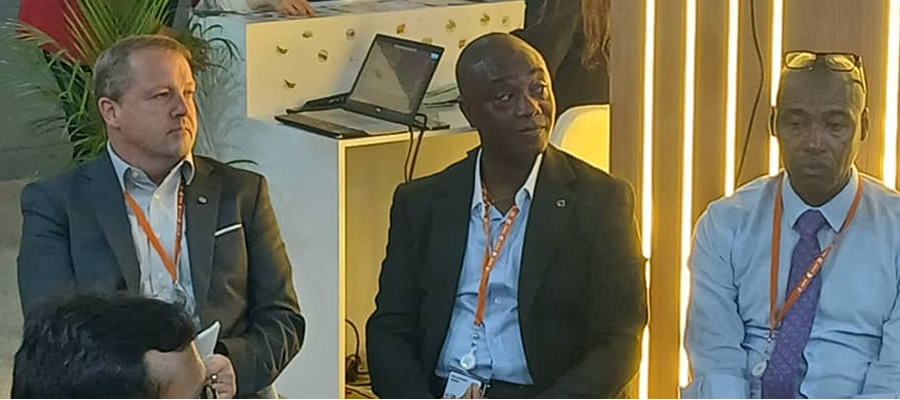
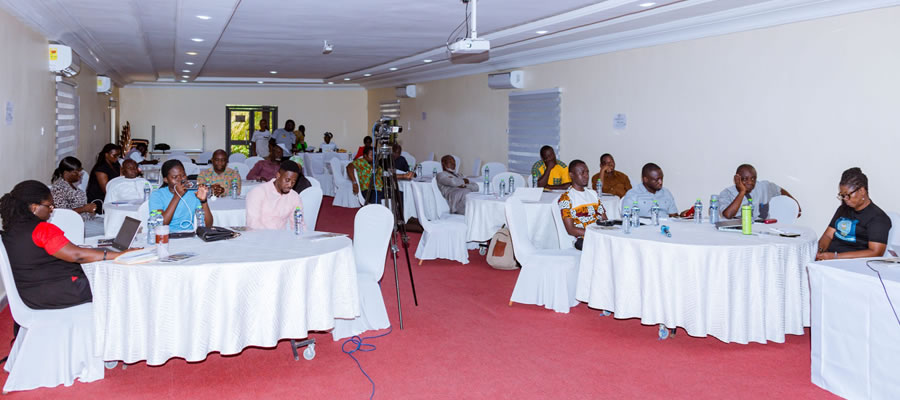


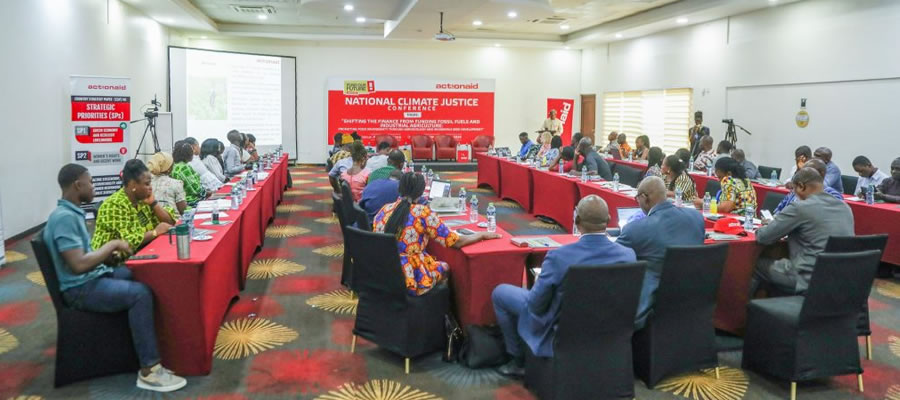
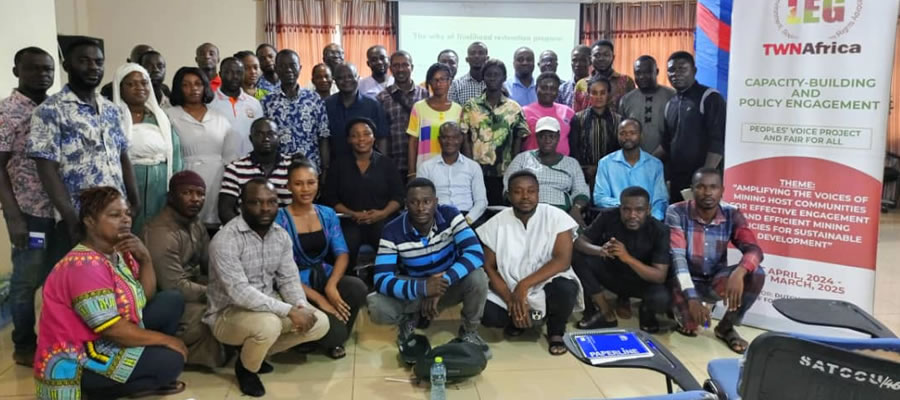
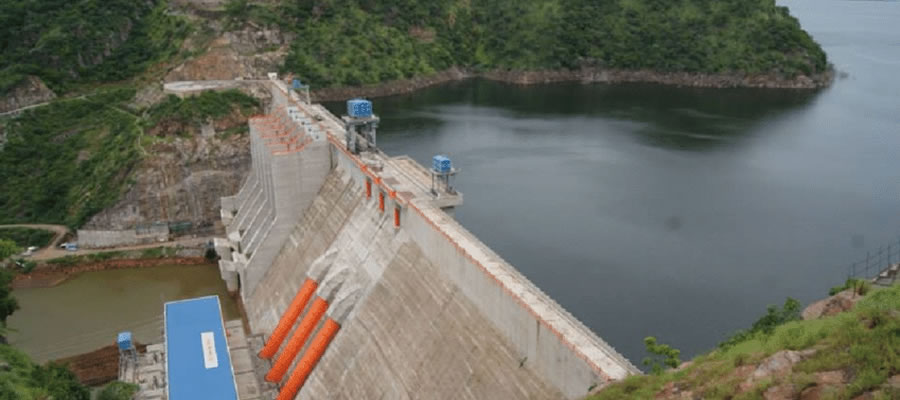
 facebook
facebook
 twitter
twitter
 Youtube
Youtube
 +233 593 831 280
+233 593 831 280 0800 430 430
0800 430 430 GPS: GE-231-4383
GPS: GE-231-4383 info@ghanadistricts.com
info@ghanadistricts.com Box GP1044, Accra, Ghana
Box GP1044, Accra, Ghana